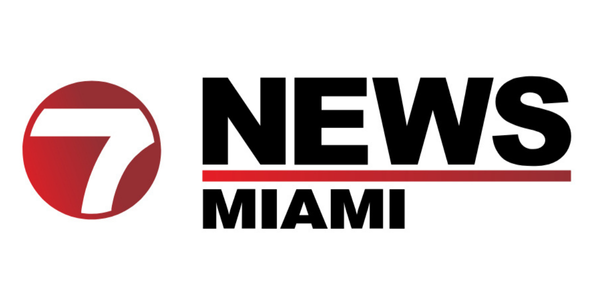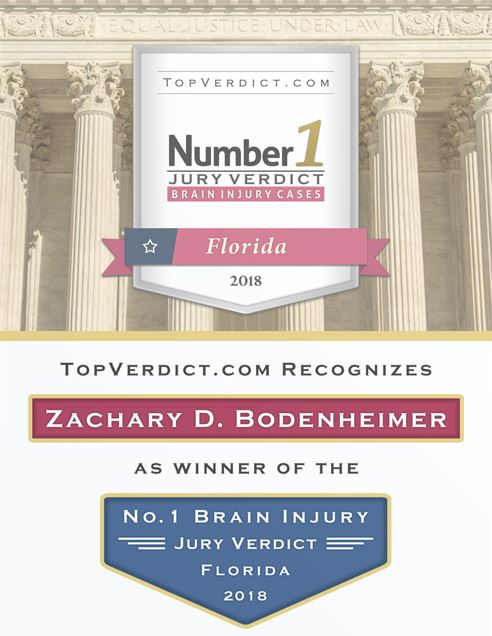- Free Consultation: 305-638-4143 Tap Here to Call Us
Fatal Bicycle Accident Near I-75 in Marion County Under Investigation
A tragic bicycle accident near Interstate 75 is under investigation after a cyclist was struck and killed by a vehicle Sunday morning, according to the Florida Highway Patrol (FHP).
The deadly crash occurred along County Road 326, about one mile west of I-75. Troopers reported that a Ford Fiesta was traveling westbound when the bicyclist suddenly crossed the roadway into the vehicle’s path.
The front of the Ford struck the cyclist, causing fatal injuries. The bicyclist was pronounced dead at the scene. Authorities have not yet released the victim’s name, and the crash remains under investigation as troopers work to determine contributing factors.
Sadly, this incident is part of a growing trend of serious and fatal bicycle crashes in Florida. The state consistently ranks among the most dangerous in the nation for cyclists, with hundreds of deaths each year caused by motor vehicle collisions.
Many of these tragedies occur in rural or suburban areas, such as Marion County, where roadways often lack designated bike lanes, proper lighting, or adequate shoulders. Even when bicyclists follow the rules of the road, they remain highly vulnerable to distracted, speeding, or careless drivers.
Determining Liability After a Fatal Bicycle Accident
When a cyclist is struck and killed by a vehicle, determining who is at fault is critical. Investigators will typically examine:
- Vehicle speed and visibility conditions at the time of the crash
- Whether the driver was distracted or impaired
- The position and actions of the cyclist before the collision
- Roadway design, signage, and lighting that may have contributed to the incident
Even if the bicyclist is alleged to have crossed suddenly, Florida’s comparative negligence law (§768.81) allows families to pursue compensation if the driver was partially responsible — for instance, if they were speeding, texting, or failed to take reasonable action to avoid the collision.
Legal Options for Families After a Fatal Bicycle Crash
Under Florida law, surviving family members may file a wrongful death claim when a loved one’s death is caused by another party’s negligence. This claim can seek compensation for:
- Funeral and burial expenses
- Lost income and financial support the victim would have provided
- Loss of companionship and emotional suffering for surviving spouses and children
- Pain and suffering experienced by the deceased before death
The claim is typically filed by the personal representative of the victim’s estate on behalf of surviving relatives.
If the driver is found to have acted recklessly or was impaired, families may also pursue punitive damages, which are designed to hold offenders accountable and discourage similar behavior in the future.
What Families Should Do After a Fatal Bicycle Accident
If your loved one has been killed in a bicycle accident, it’s important to take action quickly. Evidence such as crash scene photos, eyewitness statements, and vehicle data can fade or be lost over time. An experienced Florida wrongful death attorney can help by:
- Conducting an independent investigation to uncover all causes of the crash.
- Preserving evidence that may support your case.
- Negotiating with insurance companies that often attempt to limit compensation.
- Filing a wrongful death lawsuit if a fair settlement is not reached.
Florida’s two-year statute of limitations means families must act promptly to protect their rights.
Contact a Florida Wrongful Death Attorney
At Flanagan & Bodenheimer Injury & Wrongful Death Law Firm, our attorneys represent families throughout Florida who have lost loved ones in bicycle, pedestrian, and motor vehicle accidents. We understand how devastating these crashes are and are committed to pursuing justice and accountability for victims’ families.
We handle all cases on a contingency fee basis, meaning you pay nothing unless we recover compensation for you.
If you’ve lost a family member in a bicycle crash in Marion County or anywhere in Florida, call us today for a free consultation to discuss your legal options and next steps.












